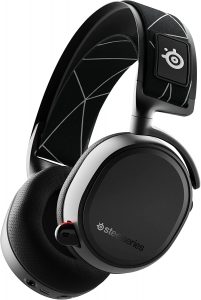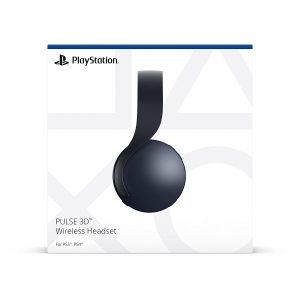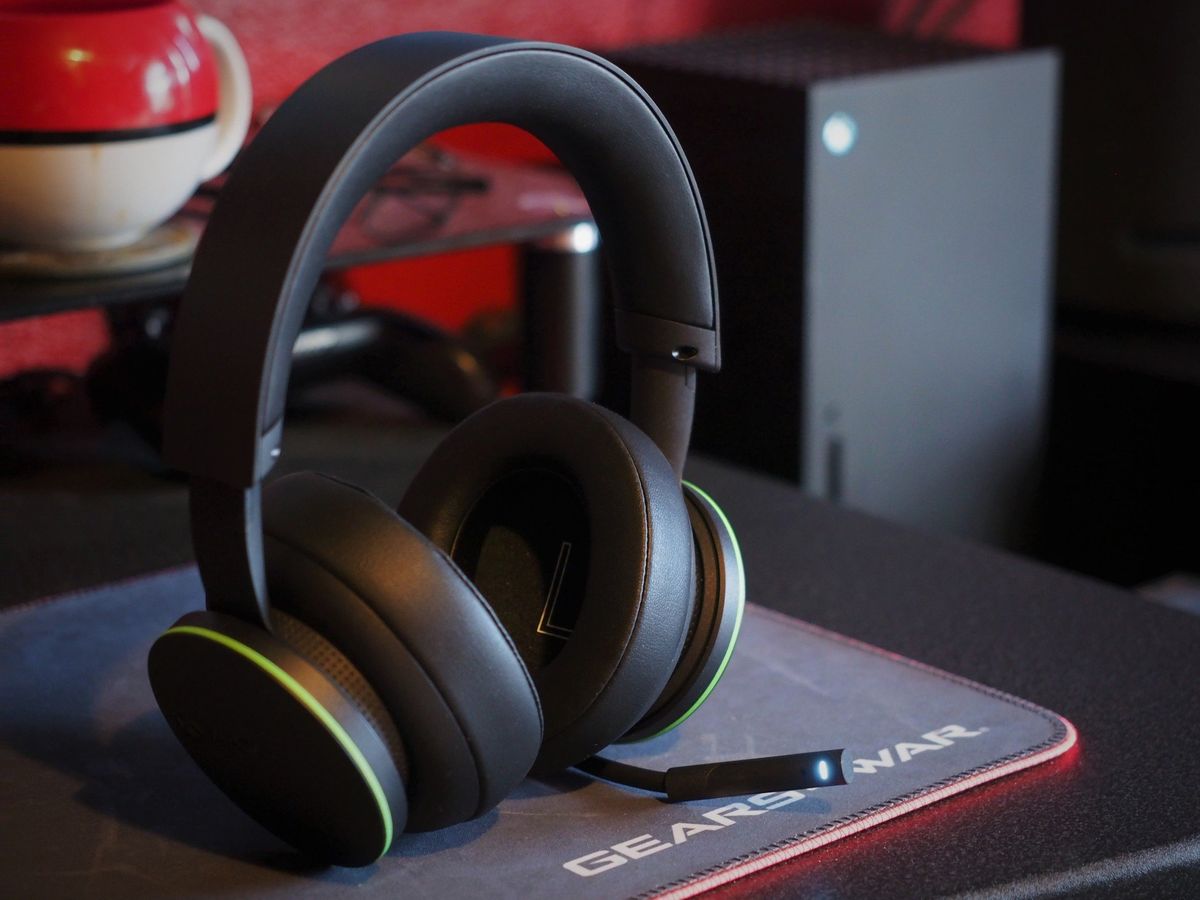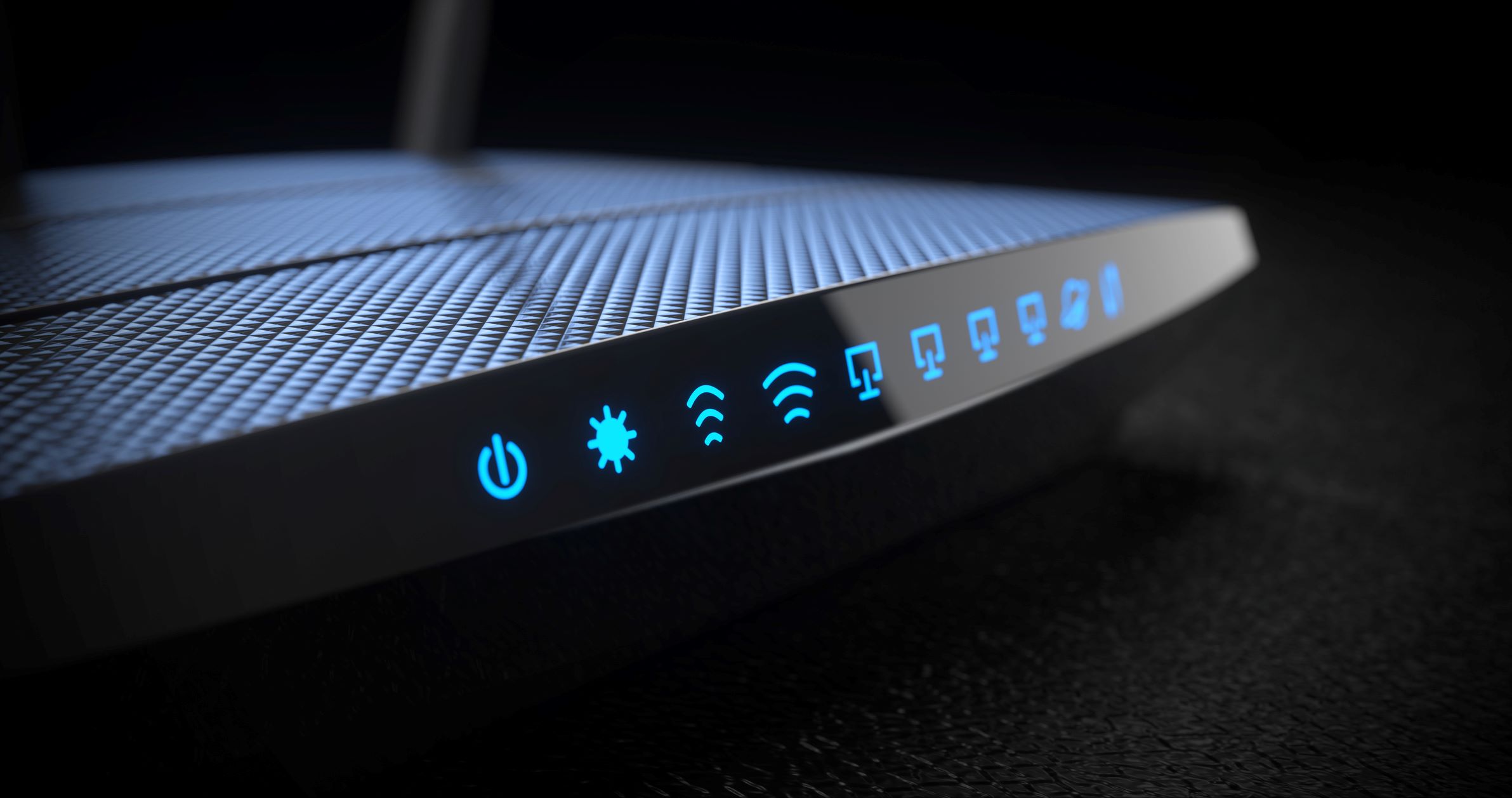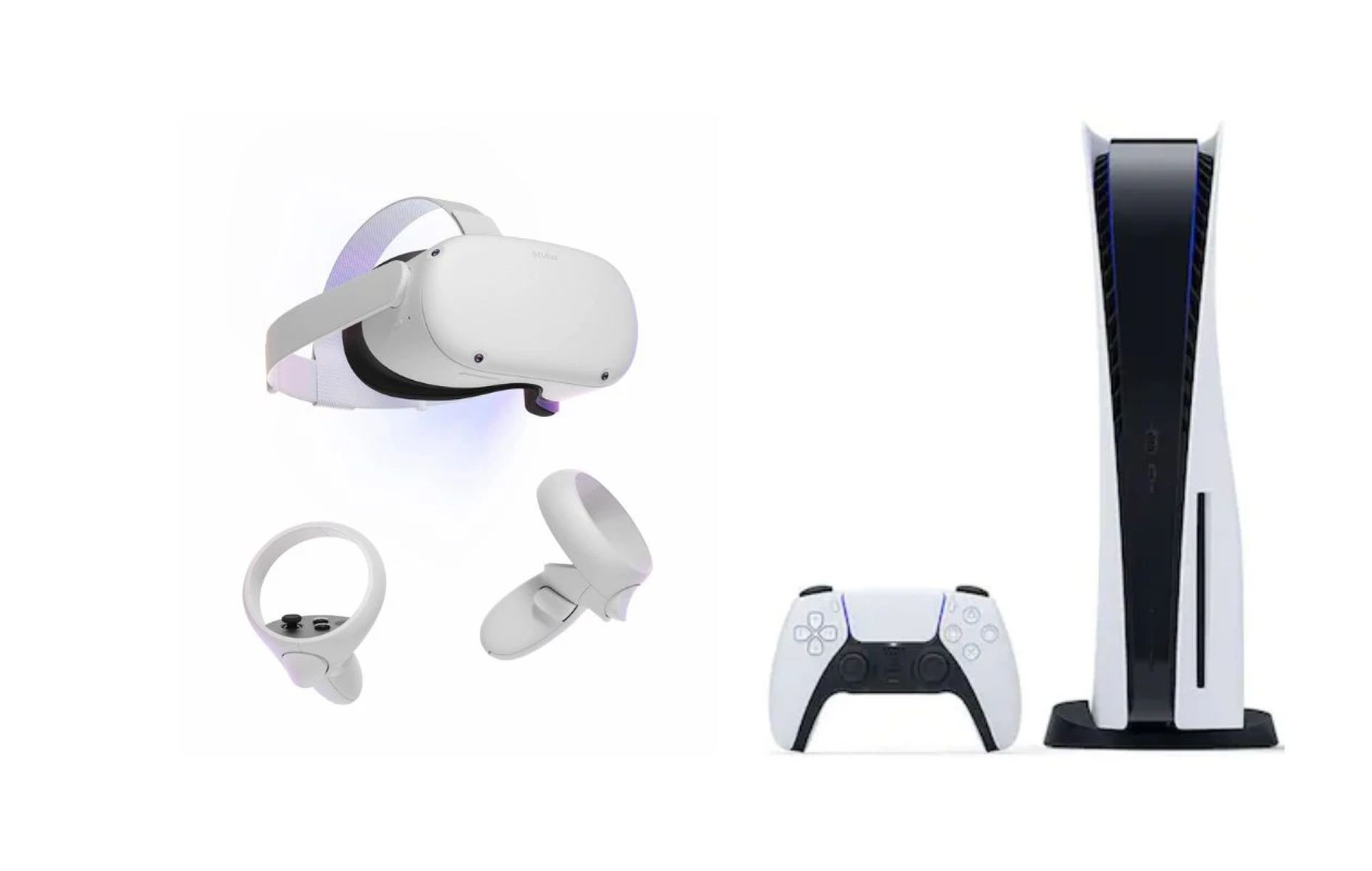Introduction
Introduction
When it comes to gaming, audio is a crucial component that can significantly enhance the overall experience. As technology continues to advance, wireless gaming headsets have become increasingly popular due to their convenience and freedom from tangled cords. However, before you rush to purchase a wireless gaming headset, it's essential to consider the potential drawbacks that may outweigh the benefits. This article will delve into the reasons why buying a wireless gaming headset may not be the best decision for avid gamers.
While the idea of a cord-free gaming experience may seem enticing, several factors warrant careful consideration before investing in a wireless gaming headset. From limited battery life and potential interference to sound quality and pricing, there are various aspects that could impact the overall satisfaction and performance of a wireless gaming headset. By exploring these factors in detail, you can make an informed decision that aligns with your gaming preferences and needs.
As we delve into the intricacies of wireless gaming headsets, it's important to approach this topic with an open mind, weighing the pros and cons to determine whether the convenience of a wireless setup outweighs the potential drawbacks. Let's explore the limitations and challenges associated with wireless gaming headsets, shedding light on why a wired alternative may still hold its ground in the gaming world.
Limited Battery Life
One of the primary concerns associated with wireless gaming headsets is their limited battery life. Unlike their wired counterparts, wireless headsets rely on built-in batteries to power the device, introducing the need for regular recharging. This can be particularly inconvenient during extended gaming sessions, as the headset may unexpectedly run out of power, disrupting the immersive gaming experience.
While some wireless gaming headsets boast impressive battery life, the reality is that continuous usage and recharging cycles can degrade the battery over time, leading to diminished performance and overall lifespan. This poses a potential long-term inconvenience and cost, as users may need to replace the headset or its battery, adding to the total ownership expenses.
Additionally, the anxiety of monitoring battery levels and ensuring timely recharging can detract from the gaming experience, introducing an element of uncertainty and interruption. This limitation becomes especially apparent during intense gaming moments, where the last thing a gamer wants to worry about is the remaining battery life of their headset.
Furthermore, the reliance on battery power introduces the risk of being left without audio during critical gaming moments if the battery unexpectedly depletes. This vulnerability is a significant drawback that wired gaming headsets do not share, as they are powered directly through the connected device, eliminating the need for separate battery management.
Ultimately, the limited battery life of wireless gaming headsets presents a notable inconvenience and potential disruption to the gaming experience, prompting users to carefully weigh the trade-offs between wireless freedom and the reliability of a wired setup.
Interference and Connection Issues
Another significant concern associated with wireless gaming headsets is the potential for interference and connection issues. Unlike wired headsets, which maintain a direct and consistent connection to the gaming device, wireless headsets rely on radio frequency (RF) or Bluetooth technology to transmit audio signals. While these wireless technologies offer the advantage of mobility, they are susceptible to interference from other electronic devices, wireless networks, and even physical obstacles within the immediate environment.
Interference can manifest as static, audio dropouts, or inconsistent sound quality, detracting from the immersive gaming experience and potentially impacting gameplay. This issue becomes particularly pronounced in areas with high wireless activity, such as densely populated urban environments or gaming conventions, where the airwaves are saturated with competing signals.
Additionally, wireless gaming headsets may encounter connection issues, leading to intermittent audio or complete signal loss. This can be attributed to factors such as signal range limitations, device compatibility, and firmware inconsistencies, all of which contribute to a less reliable audio connection compared to their wired counterparts.
Furthermore, the reliance on wireless connectivity introduces the risk of latency, where there is a slight delay between the audio output and the corresponding in-game action. While modern wireless technologies strive to minimize latency, the potential for even a slight delay can be detrimental in fast-paced gaming scenarios, impacting reaction times and overall gameplay performance.
It is important to note that while advancements in wireless technology continue to address these issues, the inherent susceptibility to interference and connection disruptions remains a notable consideration for gamers evaluating the reliability of wireless headsets.
Sound Quality
When considering a gaming headset, sound quality is a paramount factor that directly impacts the immersive and competitive aspects of gaming. While wireless gaming headsets have made significant strides in delivering high-quality audio, they still face inherent limitations when compared to their wired counterparts.
One of the primary concerns regarding wireless headsets is the potential for audio compression and loss of fidelity during wireless transmission. The process of converting and wirelessly transmitting audio signals can introduce subtle distortions and compromises in sound quality, particularly in scenarios where high-fidelity audio is crucial, such as competitive gaming or immersive single-player experiences.
Furthermore, the reliance on wireless transmission introduces the potential for signal degradation over distance, leading to fluctuations in sound quality as the user moves away from the source device. This can manifest as intermittent drops in audio clarity or a reduction in overall sound immersion, impacting the gaming experience, especially in environments where consistent sound quality is paramount.
While advancements in wireless audio technology have mitigated many of these concerns, the inherent trade-offs between wireless convenience and uncompromised sound quality remain a consideration for discerning gamers. Wired headsets, on the other hand, maintain a direct and uncompressed audio connection to the gaming device, ensuring consistent and high-fidelity sound reproduction without the potential for wireless-related compromises.
Ultimately, while wireless gaming headsets have made significant strides in delivering impressive sound quality, discerning gamers may find that wired alternatives still offer a more consistent and uncompromised audio experience, particularly in competitive gaming scenarios where every sonic detail matters.
Price
When it comes to purchasing gaming peripherals, including headsets, price is a significant consideration for many consumers. Wireless gaming headsets often come with a premium price tag compared to their wired counterparts, reflecting the additional technology and components required for wireless functionality.
While the allure of a wireless setup may be enticing, the higher cost of wireless gaming headsets can pose a considerable barrier for budget-conscious gamers. This price disparity becomes more pronounced when comparing wireless headsets with similar or superior sound quality and features offered by wired alternatives at a lower price point.
Furthermore, the total cost of ownership for wireless gaming headsets extends beyond the initial purchase price. Users must consider the long-term expenses associated with battery replacements or potential repairs, as well as the cost of any proprietary wireless dongles or accessories that may be required for optimal functionality.
For many gamers, the decision to invest in a wireless gaming headset at a premium price hinges on the perceived value of wireless convenience and the specific features offered by the headset. However, for those primarily focused on sound quality and immersive gaming experiences, the price disparity between wireless and wired headsets may prompt a reevaluation of the necessity for wireless functionality, especially when balanced against the potential compromises and limitations associated with wireless technology.
Conclusion
As the gaming industry continues to evolve, the debate between wireless and wired gaming headsets remains a relevant and nuanced consideration for gamers of all preferences and playstyles. While the allure of a cord-free gaming experience is undeniably appealing, it is essential to carefully weigh the potential drawbacks and limitations associated with wireless gaming headsets.
From the inherent trade-offs in sound quality and potential interference to the premium price tag and the inconvenience of limited battery life, wireless gaming headsets present a series of challenges that may impact the overall gaming experience. While advancements in wireless technology have undoubtedly narrowed the gap between wireless and wired headsets, the decision to invest in a wireless gaming headset should be informed by a thorough consideration of the user’s specific gaming needs and priorities.
For gamers who prioritize uncompromised sound quality, consistent connectivity, and long-term affordability, wired gaming headsets continue to offer a compelling and reliable solution. The direct audio connection, absence of battery management, and lower price point make wired headsets a practical choice for those seeking a no-nonsense gaming audio solution.
However, for users who value the freedom of movement and the convenience of a wireless setup, the potential drawbacks of wireless gaming headsets may be outweighed by the benefits of cord-free gaming. It is crucial for these individuals to carefully evaluate the specific features, battery life, and overall performance of wireless headsets to ensure that the investment aligns with their gaming preferences.
In the end, the decision to purchase a wireless gaming headset should be driven by a thoughtful assessment of the individual’s gaming priorities, budget, and tolerance for the potential limitations of wireless technology. By considering the insights presented in this article, gamers can make an informed decision that aligns with their unique gaming needs, ensuring an immersive and enjoyable audio experience that enhances their gaming endeavors.









